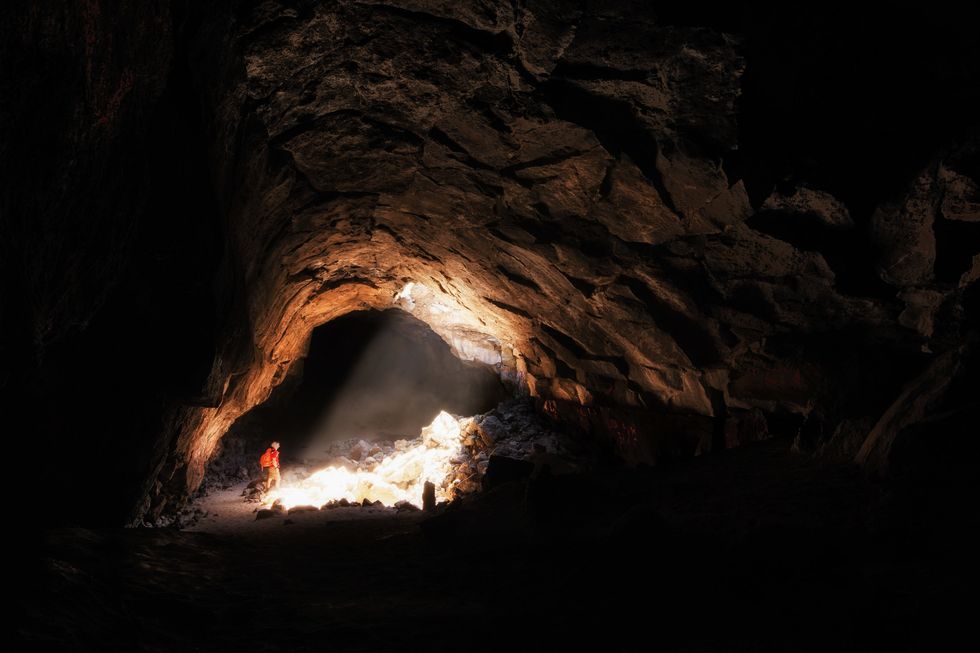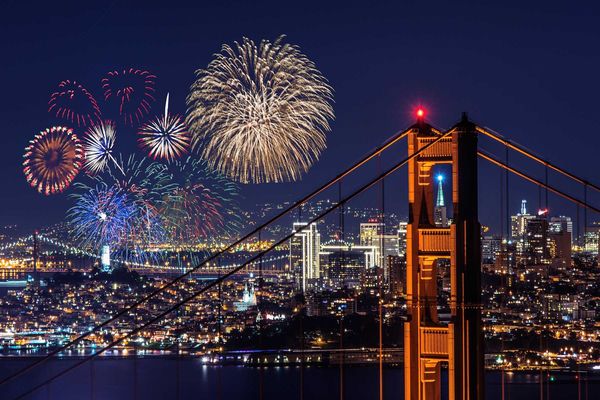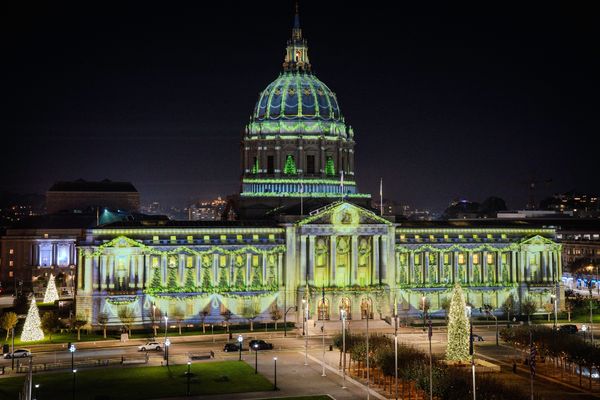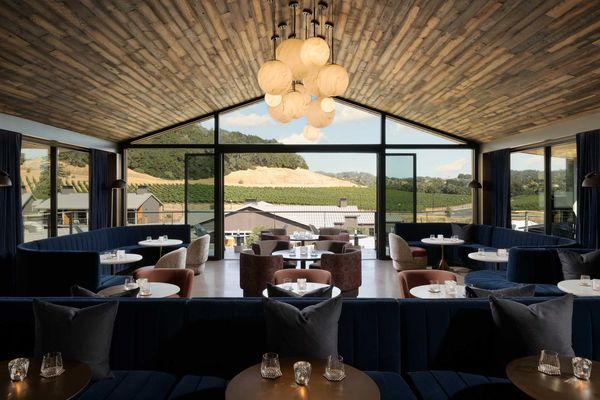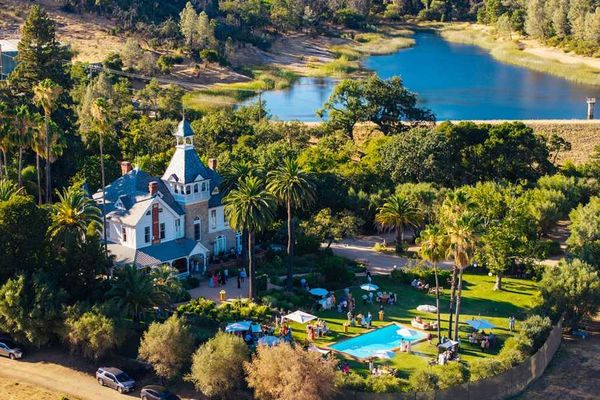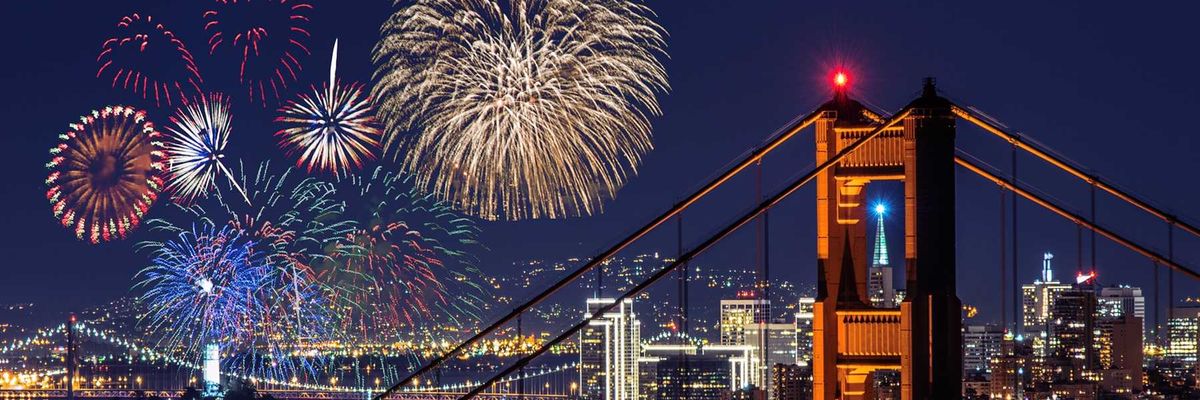Fans of winter in northern California are blessed with an abundance of outdoor options, and Mount Shasta can be overlooked by destinations in Tahoe and the Sierra to the south or the temperate ocean coast. But, don't sleep on the second-tallest volcano in the Cascade chain.
The mountain range's most voluminous peak offers a diversity of terrain for the winter wanderer, its higher slopes accumulating snow for winter play while its high desert terrain remains snow-free for almost all of the year. The peak is a little more than four hours from downtown San Francisco on roads that are sure to be clear. Clear your schedule for a weekend and make way for this snow-capped beauty and the winter adventure it offers. Options abound! These five suggestions will get you going in the right direction.
Castle Dome Snowshoe: Castle Dome in Castle Crags State Park is a challenging winter snowshoe, gaining nearly 2,200 feet over its 2.8-mile course. The reward: stunning views of Castle Dome and the surrounding crags, dramatic stone serrations that were formed 170 million years ago, and Mount Shasta. There is also ample room to explore the area to your heart's content.
Bunny Flat to Panther Meadow + South Gate Meadows: The road to Bunny Flats is plowed all winter long, so snowshoers and cross-country skiers have an old standby for winter excursions. The 6.5-mile trail gains over 1,000 feet over its course, but that's only if you stick to the trail. Take a navigational aid and explore hidden trails—but note that you might encounter snowmobile traffic unless you head east to the wilderness boundary.
Castle Lake: Our coverage already on Outdoor Project touts Castle Lake for its summer adventure opportunities, but don't sell on the area in the winter. The snowshoe to the lake is just a mile from the parking lot, and Castle Lake is one of the best ice fishing spots in California—especially in winter.
Burstarse Falls Hike via the PCT: Spring is typically the best time for waterfall hikes when the flow peaks during the spring melt, but Burstarse Falls can offer an amazing winter hike as well. While snow does fall here, the hike is below 3,500 feet in elevation, an important threshold for the Shasta region, and the falls themselves are stunning. Just be cautious to check snow conditions before you commit.
Yellow Butte: Described by some as a winter oasis for the outdoor adventurer, the breathtaking views of the Cascade Range's second-highest volcano are available year round where the high desert is snow free. The terrain is provocative with views toward the curious Haystack and Sheep Rock.
Bonus round! Pluto's Cave lies in the high desert, which means access to this mysterious cave is snow free most of the year. The McCloud River is also sometimes accessible in winter, opening up Middle Falls for winter explorations.
Backcountry Safety
Winter backcountry adventures can be dangerous outdoor activities that pose significant risks as conditions affecting safety (i.e. weather, snowpack stability, avalanche hazard) are constantly changing. Prior to engaging in these activities each individual should get the proper training to make safe decisions and be equipped to use avalanche safety resources and tools.




